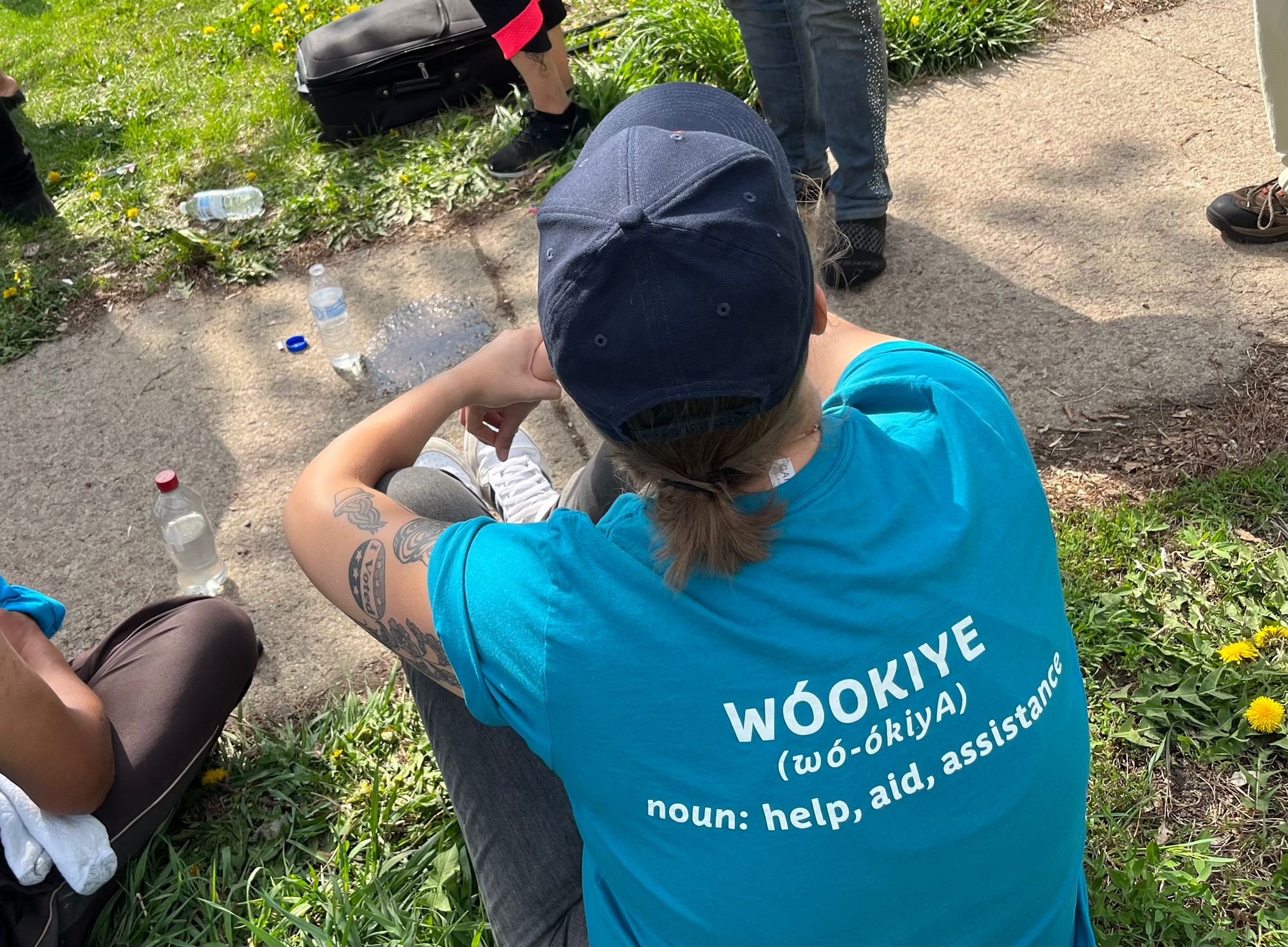Simplified: The city has selected South Dakota Urban Indian Health (SDUIH) to receive $175,000 to help unhoused people. Here's a look at how it'll help expand the Wo'Okiye Project.
Why it matters
- The Wo'Okiye Project has been in operation for a few months now with the help of volunteers and existing SDUIH staff, but, with the help of these city funds – set to be approved by City Council on Wednesday – the project will be able to have its own dedicated staff.
- The goal of the Wo'Okiye Project is to give people an alternative to calling police when they see someone in need of assistance When you look at both the unhoused and the incarcerated populations in Sioux Falls, Native American people are disproportionately represented.
- A culturally responsive street outreach team, like the Wo'Okiye Project, was one of the recommendations a city homelessness task force presented earlier this year. In March, City Council approved $250,000 toward this effort, and this week, the city will announce SDUIH as a recipient of $175,000.
"I’m thrilled to see this effort move forward," said Councilor Rich Merkouris, who initially called for the homelessness task force. "This is a great pilot project to put in place a very intentional effort to engage with individuals in our community who are struggling. Hopefully, this lowers the burden on our law enforcement community."
Tell me more about the Wo'Okiye Project
The ultimate goal of the project is to provide wraparound services that go far beyond the immediate need, SDUIH CEO Michaela Seiber said.
- All the while, the project is largely led by Native American people focused on helping – as Seiber says – their relatives in a way that recognizes and respects the nuances of Native American culture.
In practice, it'll look like people out on the streets providing direct outreach.
- That help could look like a number of things, from connecting someone with SDUIH's medical clinic to offering a water bottle.
Seiber shared a recent success story in which SDUIH was able to help a man who was recently released from prison figure out how to get a bus ticket back to his hometown. They also helped him get another ID after he lost his while staying at a shelter over the weekend.
- Without that extra help, that man was very much at risk of being unhoused in Sioux Falls, Seiber said.
"These things happen every single day," Seiber said. "It's awful the stuff our relatives are going through."
What will the money be used for?
One of the main goals is to hire a staff, including a full-time case manager to help oversee the project. Funds will also help support a part-time nurse and other part-time people for the outreach team.
"It means that we get to have a staff focused just on this," Sieber said.
What happens next?
First, the City Council has to vote on whether to approve SDUIH as the recipient of these funds.
If approved, SDUIH will have the green light to start hiring for the planned positions.


